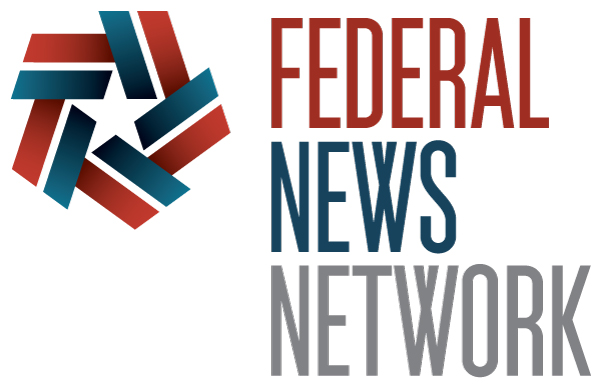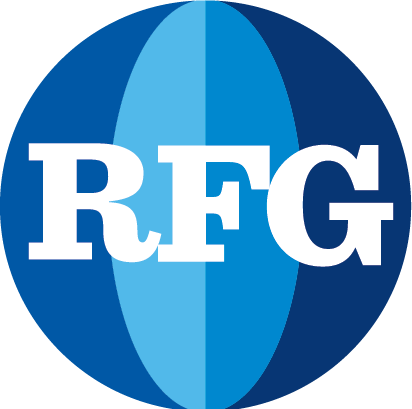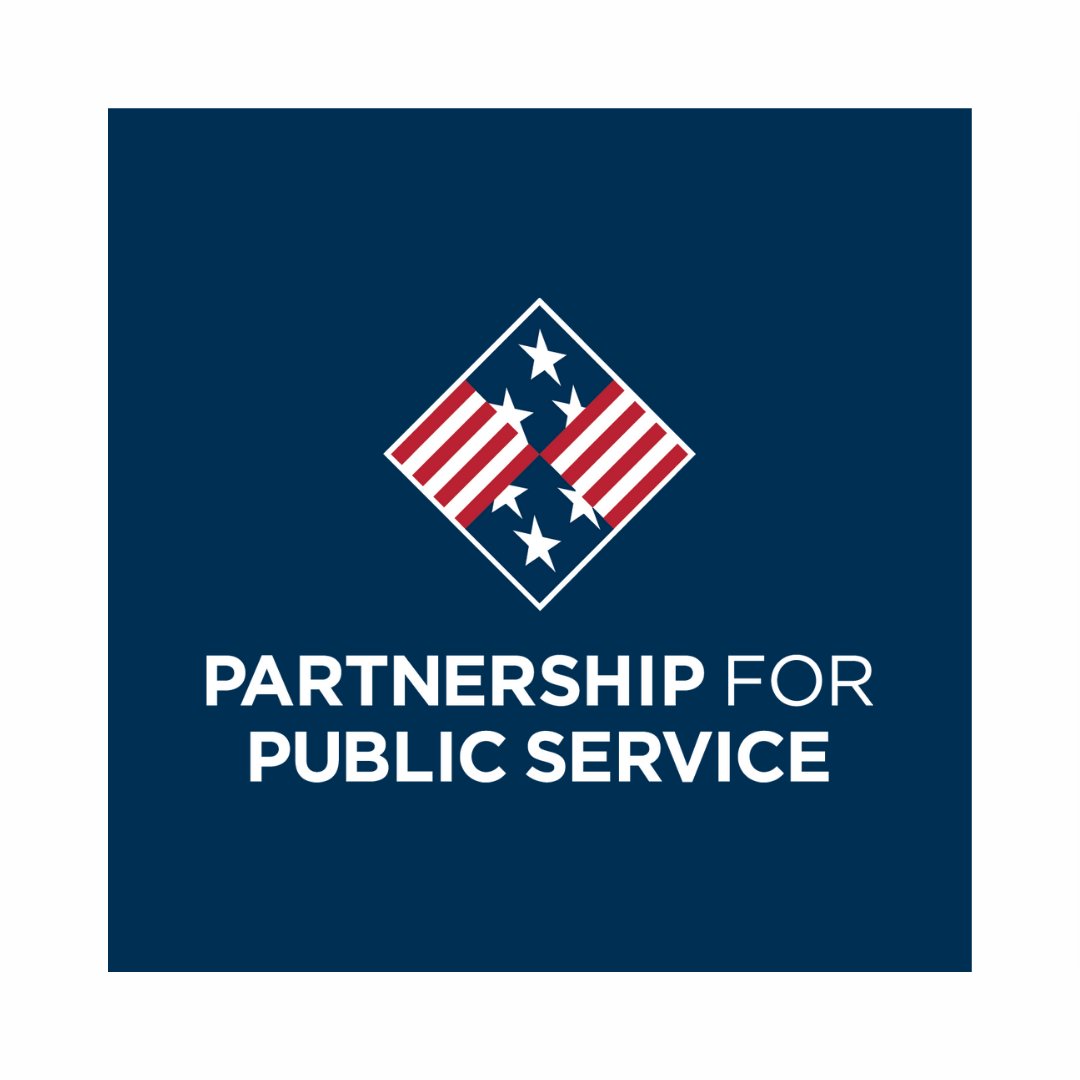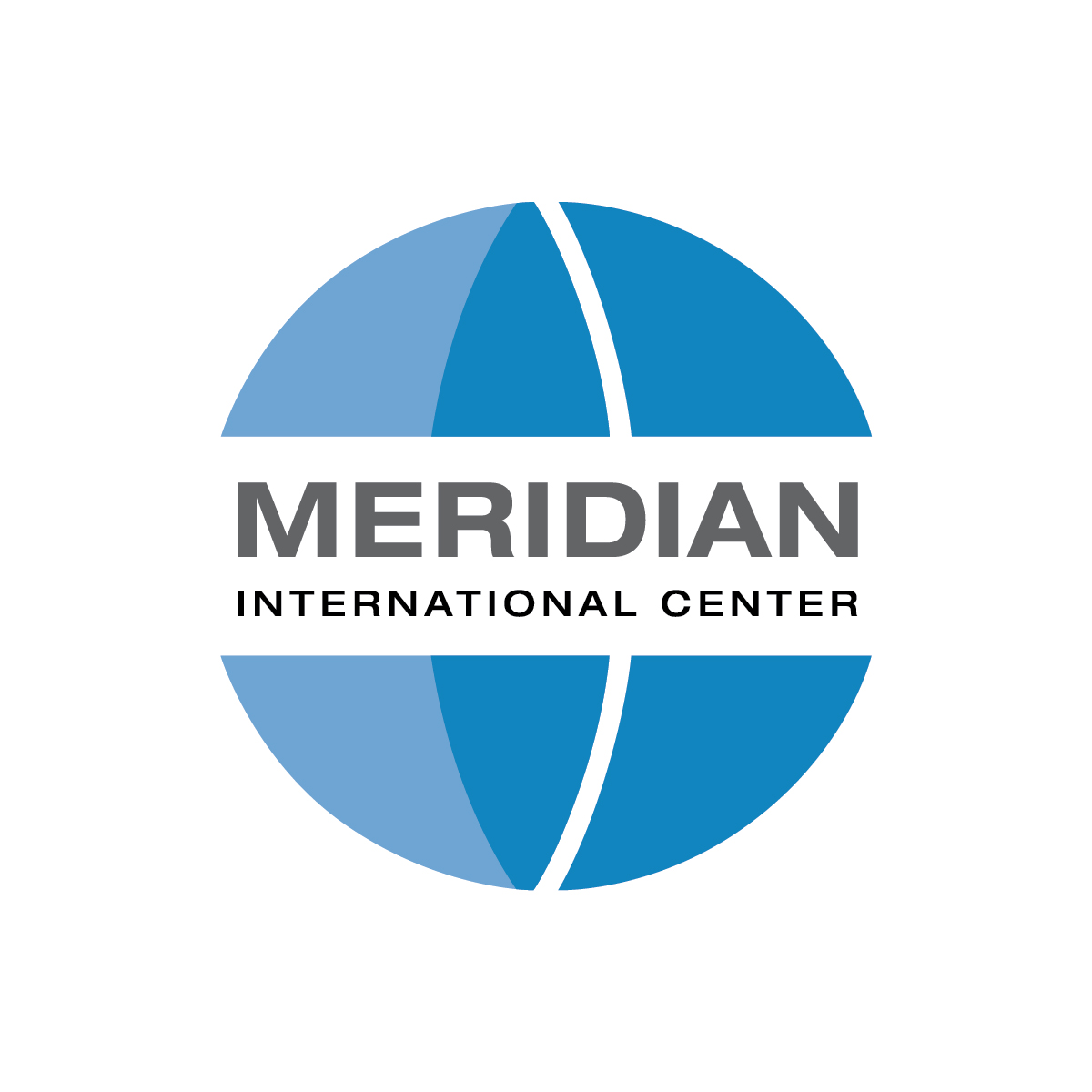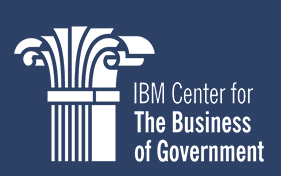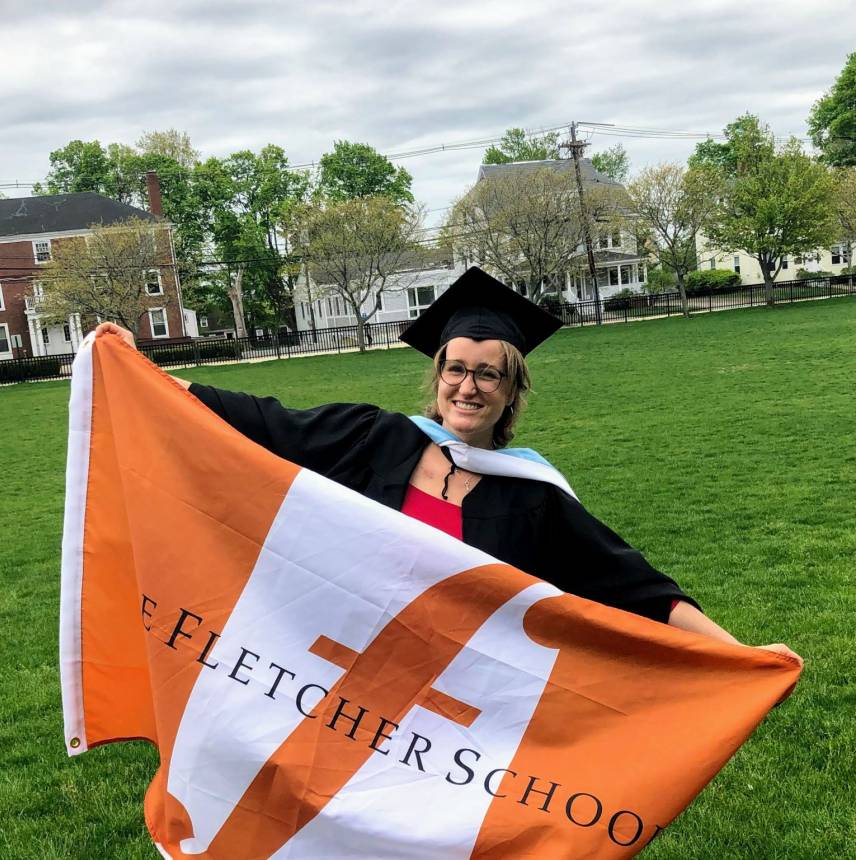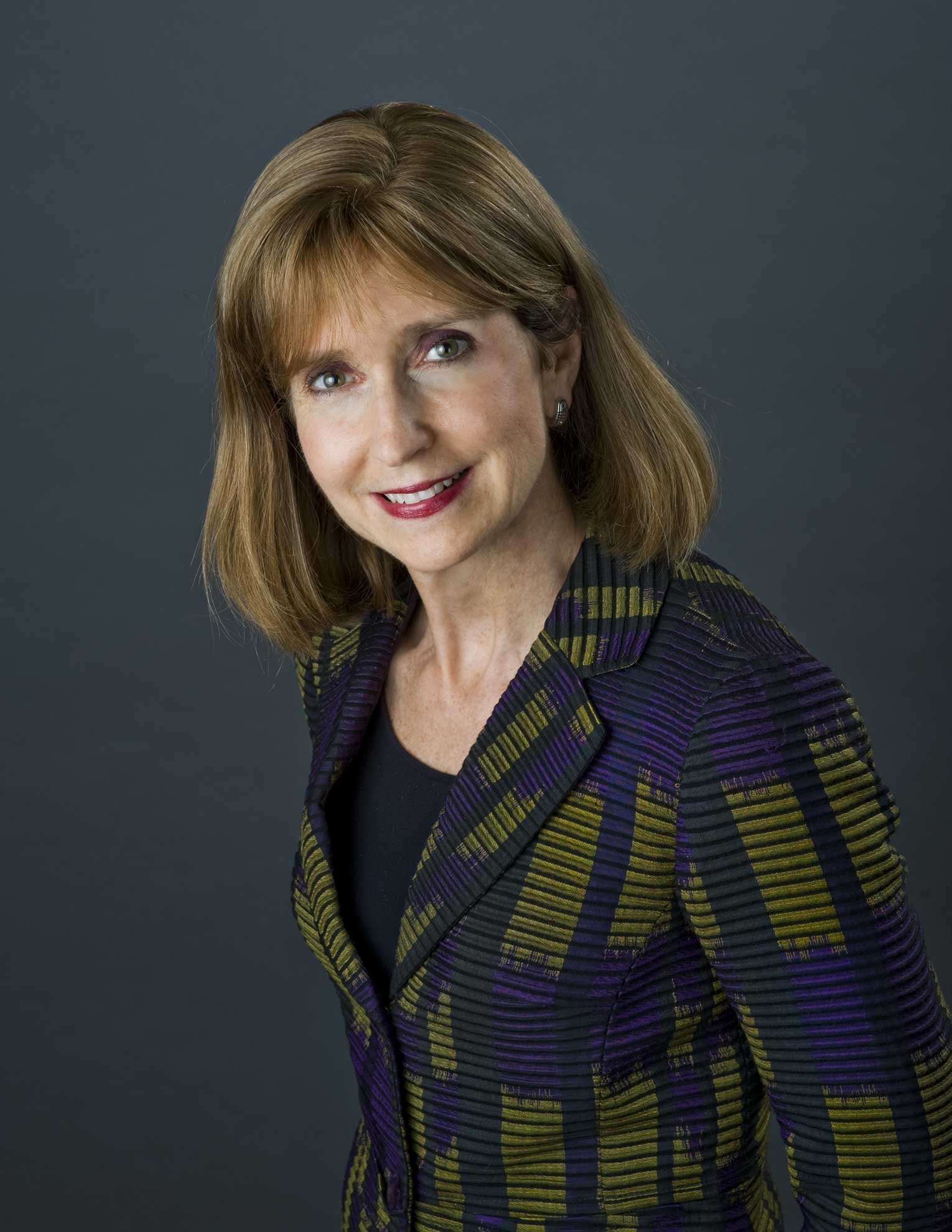
Editor’s note: RFG Advisor Paula Dobriansky and colleagues recently published an opinion piece on The Hill about the positive benefits of exchanges, which facilitate direct engagement with counterparts in the academic, governmental, business and cultural fields and are effective in promoting economic values of private enterprise and free markets.
As former Secretary of Defense James Mattis asserted, “If you don’t fund the State Department fully, then I need to buy more ammunition.”
His insight is reflected in recommendations we recently made to the State Department and U.S. Congress. We were asked by the Congress and the State Department to examine whether federally funded educational and cultural exchanges advance the foreign policy objectives of the United States. As part of our effort, we conducted over 125 interviews comprised of U.S. ambassadors and staff in embassies in more than 20 countries, as well as with exchange participants and alumni, current and former State Department leadership, officials from non-governmental organizations, Capitol Hill and other stakeholders.
After extensive research and interviews we found overwhelming evidence that people-to-people exchanges are highly successful and produce a tremendous return on investment. We believe that exchange programs are one of America’s most effective soft power tools when integrated into U.S. foreign policy strategy and planning.
Exchanges promote the best of American values. They build U.S. influence and help spread democratic ideals around the globe, strengthen economic and trade interests and provide a unique window into what makes the United States a singularly distinct and exceptional country. In interview after interview we were told that exchange programs are among the most potent and cost-effective instruments in the U.S. foreign policy toolkit. ‘Citizen ambassadors’ emerge from these exchanges and return to their own countries equipped with American democratic principles and the ability to advance U.S. interests.
As Ambassador Frank Wisner, former undersecretary of State, told us in an interview, “Exchanges represent the best way to communicate American values, something with which China and Russia cannot compete.”
Out of the darkness of a year of terrible loss and detachment, a renewal of human contact is the best kind of light at the end of the tunnel. Doubling down on exchanges will inspire, inform and engage foreign audiences while promoting closer ties with U.S. allies and competitors alike. Whether they be private sector, academic, professional or citizen exchanges, we found that people-to-people engagements have overwhelmingly benefited U.S. foreign policy.
Across the globe, diverse exchange alumni who understand and embrace the United States, play prominent roles in their respective countries. In an interview with U.S. Ambassador to Belgium Ronald Gitwitz, he noted that 15 percent of the European Parliament and 25 percent of the European Commission are International Visitor Leadership Program or Fulbright alumni.
There are a multitude of world leaders who have participated in State Department exchanges. They are joined by legions of others from business, the arts, academia, civil society and lower levels of foreign governments who are exchange alumni.
Among those who participated in State Department exchanges were multiple Nobel laureates such as 2006 Nobel Peace Prize recipient and Grameen Bank founder Muhammad Yunus, as well as legions of leaders from all parts of the world who rose to the top of their respective governments including current New Zealand Prime Minister Jacinda Ardern; Burma head of government Aung San Suu Kyi; former Prime Minister of Sweden Carl Bildt, French President Nicolas Sarkozy; British Prime Ministers Tony Blair and Gordon Brown; President Anwar Sadat of Egypt; Prime Minister Indira Gandhi of India and President F.W. de Klerk of South Africa.
What better return on investment than to have young leaders experience U.S. society directly? Exchanges facilitate direct engagement with counterparts in the academic, governmental, business and cultural fields and are effective in promoting economic values of private enterprise and free markets.
As the new administration formulates its approach and strategy for engaging allies and competitors, it has a powerful tool readily available. The impact of this instrument is underrated but should be maximized. Public diplomacy in its most elemental form — people-to-people exchanges — is one of the best instruments the U.S. has to advance its foreign policy objectives.
Successful foreign policy and international trade is built on trust; international exchanges lay the foundation for trust — a ‘simple’ formula for quiet diplomacy. President Barack Obama said, “Simple exchanges can break walls down between us, for when people come together and speak to one another and share a common experience, then their common humanity is revealed.”
In the past, the American approach to public diplomacy and exchange activities has proven to be the gold standard. With a cohesive, policy-based approach, we can upgrade to platinum.
Ambassador Paula J. Dobriansky is former undersecretary of State for Global Affairs, 2001-2009; Edward Gabriel is former U.S. ambassador to Morocco, 1997-2001; and ambassador Marisa Lino is former assistant secretary for International Affairs at the Department of Homeland Security, 2007-2008.
Read more

